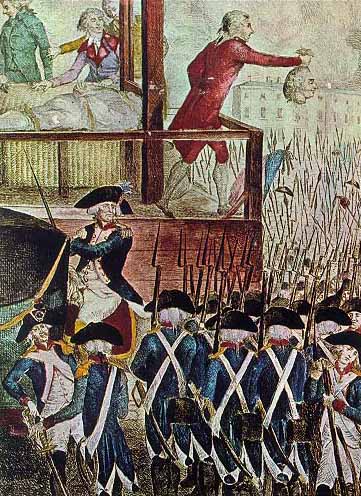What's in a Name?
How glad I am that I became Catholic before naming my children! What beautiful and illustrious names to choose from among the ranks of saints. This is why I am baffled when I read in parish bulletins that "Skyler Madison" or "Tyler Lane" was just baptized. For your information, my dear Catholic parents, the following are not female saints:
 Chloe
Chloe
Brianna
Star
Kayla
Addison
Jasmine
Destiny
Kaylee
Apple
Sydney
Brooke
Riley
Aubrey
Lakisha
Jaden
Layla
I've even heard of girls named Latrine and Vendetta, the poor things. Imagine forsaking the noble patronage and protection of great heroines of the faith in order to walk around bearing a title that brings to mind, of all things, fecal matter. Thanks, Mom.
Neither are the following male saints:
Cody
Chase
Kaden
Blake
Hunter
Devin
Brayden
Landon
Carson
Logan
Dylan
Cameron
Kyle
In the Old Testament, the name you received was prophetic; it encapsulated your character and personality, and could be either a blessing or a curse. When Catholics have so many valiant heroes after which to name their children, so many lovely and dignified names with which to bless them, why do we choose instead to follow the way of the world and curse them with the meaningless and the banal?
Well, considering the past 50 years or so, the loss of a distinctly Catholic identity, and the near-total triumph of the meaningless and banal, I suppose I can answer my own question...
 Chloe
Chloe
Brianna
Star
Kayla
Addison
Jasmine
Destiny
Kaylee
Apple
Sydney
Brooke
Riley
Aubrey
Lakisha
Jaden
Layla
I've even heard of girls named Latrine and Vendetta, the poor things. Imagine forsaking the noble patronage and protection of great heroines of the faith in order to walk around bearing a title that brings to mind, of all things, fecal matter. Thanks, Mom.
Neither are the following male saints:
Cody
Chase
Kaden
Blake
Hunter
Devin
Brayden
Landon
Carson
Logan
Dylan
Cameron
Kyle
In the Old Testament, the name you received was prophetic; it encapsulated your character and personality, and could be either a blessing or a curse. When Catholics have so many valiant heroes after which to name their children, so many lovely and dignified names with which to bless them, why do we choose instead to follow the way of the world and curse them with the meaningless and the banal?
Well, considering the past 50 years or so, the loss of a distinctly Catholic identity, and the near-total triumph of the meaningless and banal, I suppose I can answer my own question...
 Hiroshima? Nagasaki? The Church has been even clearer on this point. Pope Paul VI called America's act "butchery of untold magnitude." Pope John Paul II referred to it as "a self-destruction of mankind", ranking Hiroshima and Nagasaki with Auschwitz as a place devastated by man's sin. And the Catechism teaches:
Hiroshima? Nagasaki? The Church has been even clearer on this point. Pope Paul VI called America's act "butchery of untold magnitude." Pope John Paul II referred to it as "a self-destruction of mankind", ranking Hiroshima and Nagasaki with Auschwitz as a place devastated by man's sin. And the Catechism teaches: 







